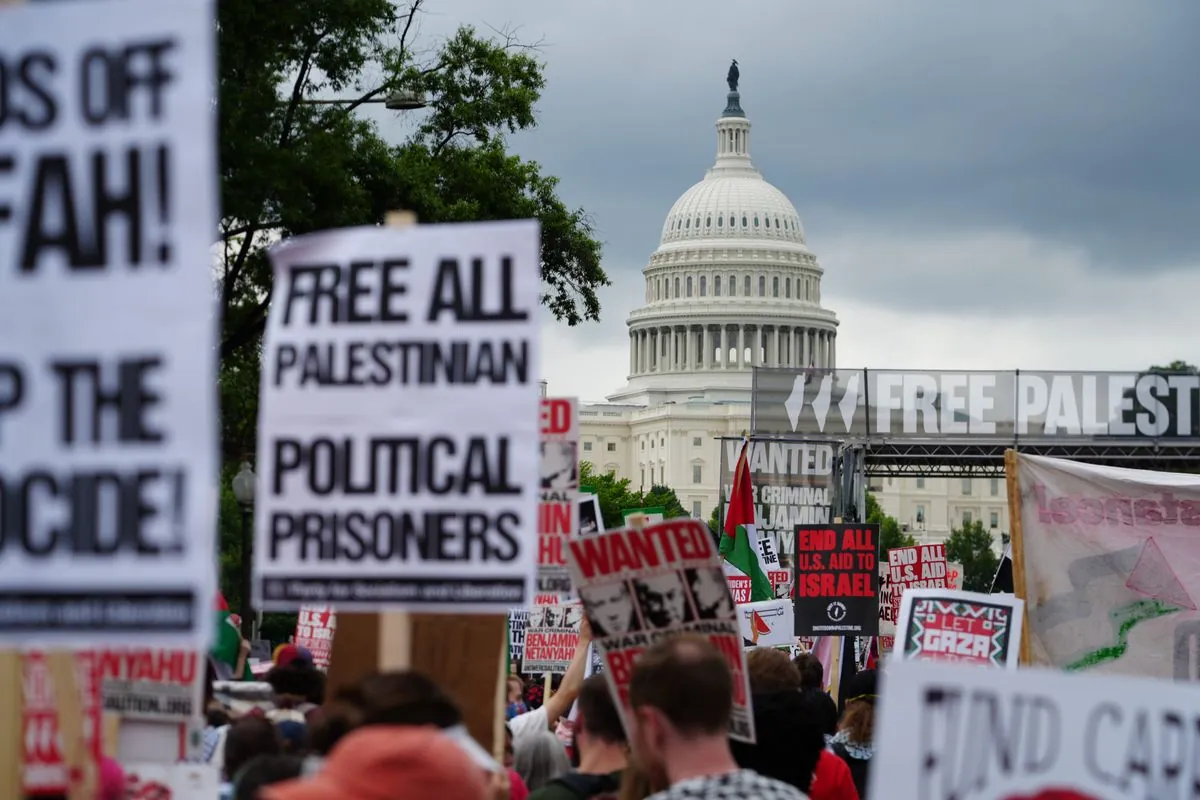Israeli Labor Union Calls Nationwide Strike Over Hostage Crisis
Israel's largest labor union announces a general strike to pressure the government for a hostage deal with Hamas. The action, set to begin Monday, includes closing Ben Gurion Airport.

In a significant development, Arnon Bar-David, the leader of Israel's Histadrut labor union, has announced a nationwide strike scheduled for Monday, September 2, 2024. This action aims to exert pressure on the government to secure a deal for the return of Israeli hostages currently held by Hamas in Gaza.
The Histadrut, representing approximately 800,000 workers across various sectors, has called for all civilian employees to participate in the strike. The action is set to commence at 6 a.m. local time, with Ben Gurion Airport, Israel's primary international gateway, closing its operations from 8 a.m.
Bar-David expressed strong criticism towards Prime Minister Benjamin Netanyahu's administration for its perceived failure in bringing hostages back alive. Over the past week, Israel has received twelve bodies of captives, while an estimated 101 individuals remain in captivity. Tragically, authorities believe that one-third of these hostages may no longer be alive.
"We are getting body bags instead of a deal."
The union leader emphasized the urgent need for a resolution, stating, "A deal is more important than anything else." He also highlighted concerns about the economic impact of the ongoing crisis, calling for a return to normalcy.
This strike marks a critical juncture in the ongoing Israel-Hamas conflict, which has persisted since Hamas took control of Gaza in 2007. The situation underscores the complex interplay between national security, labor relations, and economic stability in Israel.

The closure of Ben Gurion Airport, which typically handles over 20 million passengers annually, is expected to have significant economic repercussions. This action reflects the substantial influence that labor unions, particularly the Histadrut, wield in Israeli politics and society.
Israel's history of negotiating for captive returns and engaging in prisoner exchanges with Palestinian groups adds context to the current situation. The government's handling of hostage crises has faced scrutiny in the past, with this latest development likely to intensify public debate on the issue.
As the strike unfolds, its impact on Israel's economy and international relations will be closely monitored. The action serves as a stark reminder of the ongoing challenges in the region and the complex dynamics between labor movements, national security, and diplomatic efforts in resolving conflicts.


































